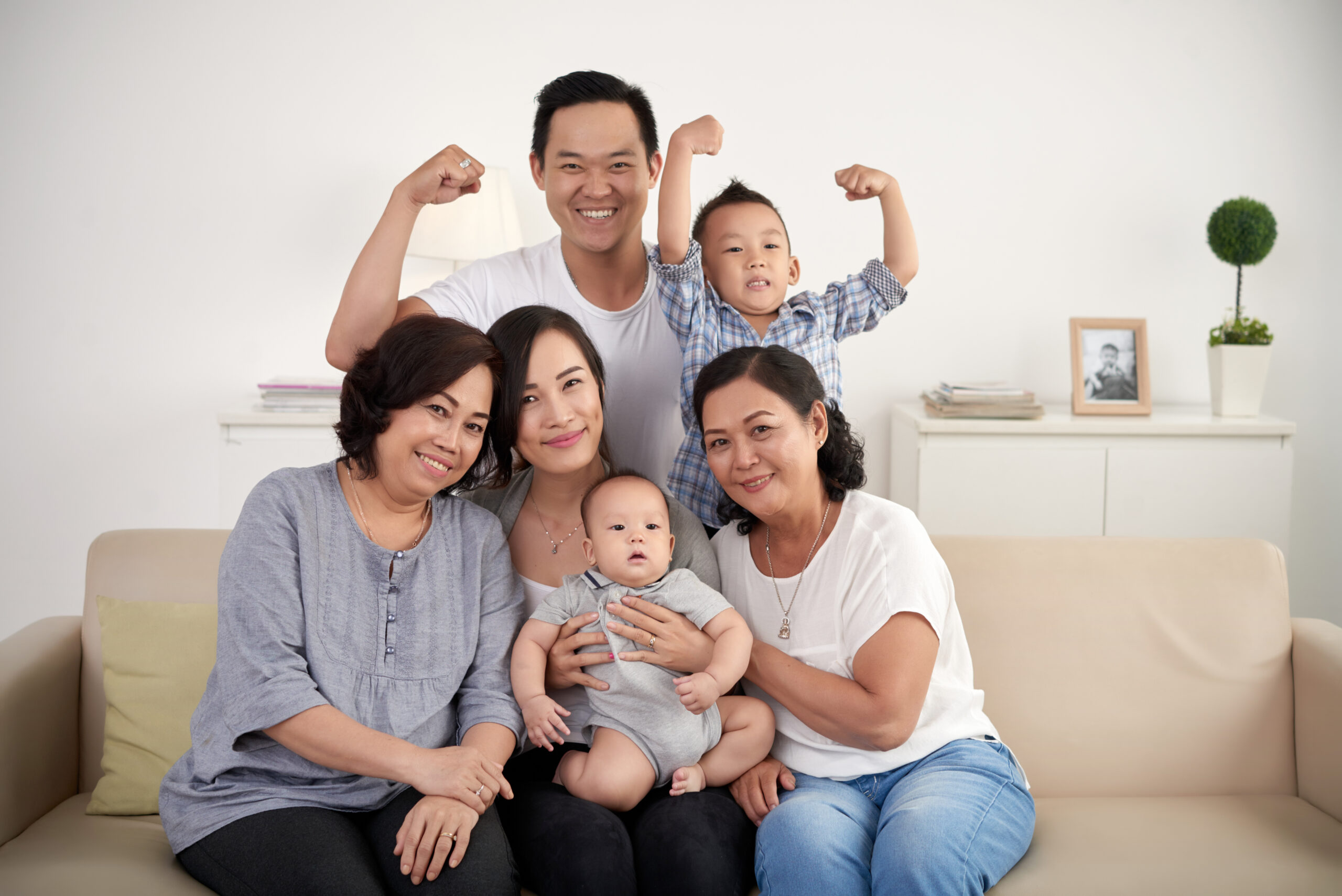By Tan Xin Ying of Epworth Family Welfare
The Covid-19 pandemic hit us like a whirlwind, blowing away routines built over the years, uprooting the certainty of our future. With unprecedented measures placed upon us, families and individuals alike have to navigate through constant changes while facing ongoing concerns over their financial state and physical health. How then can families remain resilient through these changes?
Single parents and low-income families continue to be some of the most affected amongst us. The reduction in jobs, loss of job opportunities and household income during the pandemic has led to increased emotional stress over future uncertainties. Parents who have to work from home have to juggle between work and caring for their children. Without a clear demarcation of space between work and rest, worklife boundaries become increasingly blurred, leading to a spill-over effect of work stress into their family time. Furthermore, physical space within the home is limited. In homes with
existing tension, the pandemic intensifies this strain. In these challenging times, families can adopt the RASE approach in their lives as we move towards a “new normal”.
Keeping to Routines
In a time of constant change, creating your own routine and keeping to them develops familiarity and informs the mind and body on what to expect. Thereby, decreasing the stress we experience by establishing a sense of control. A simple way of doing this would be to keep to the same timings for sleeping, waking, having meals and productive work. For children, routines can bring comfort and consistency, while helping them to establish healthy habits. In this way, the family models a simple way of staying resilient through times of change to the child.
Adapt to New Circumstances
The key to adaptation is to maintain an open and curious mind while managing expectations. As the proverbial saying goes “every storm cloud has a silver lining”. While we acknowledge the reality of where we are now, we can make a choice to look for opportunities in these circumstances and be thankful for what we have.
Self-Care
The best care that we can give to others around us is a healthy self. Self-care is defined as the intentional ongoing practice of taking care of our mental, emotional and physical self. Basic self-care practices can include:
• choosing to eat healthily;
• having a moderate level of exercise e.g. taking a walk in the park, swimming, or even doing household chores;
• setting physical boundaries e.g. stopping work at a certain time or setting aside dedicated space for different activities;
• connecting with family members and friends for emotional support; and seeking professional help.
Engage, Educate and Empower
In addition to the practices above, parents can engage their children by creating routines that the family can embark on together. In this way, the pandemic could be reframed as an adventure for the family. For younger children, parents
can use simple stories to educate them on what is going on in the world. Simple coping skills could be taught through games to help children become more aware of their emotions and physiological responses. Parents can explore with their children on what helps them to manage these emotions and prepare a self-soothing kit for them. It is important for parents to remain calm in front of their children. They can regularly engage their children in conversations to check in on their physical and emotional state, reassuring them of their continual presence with them.



